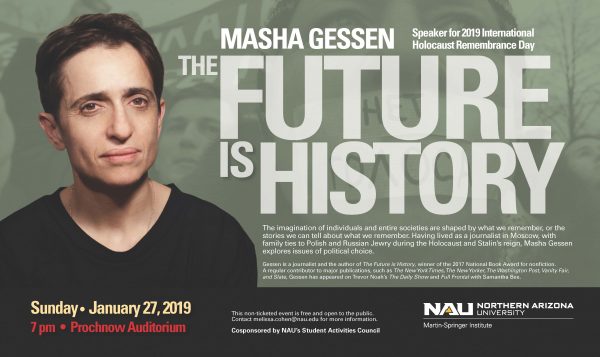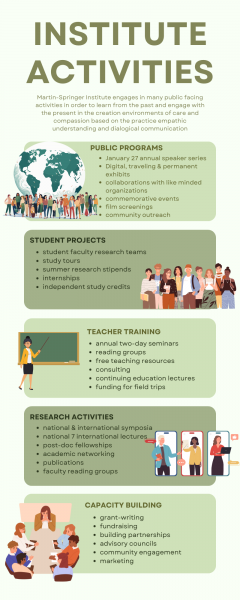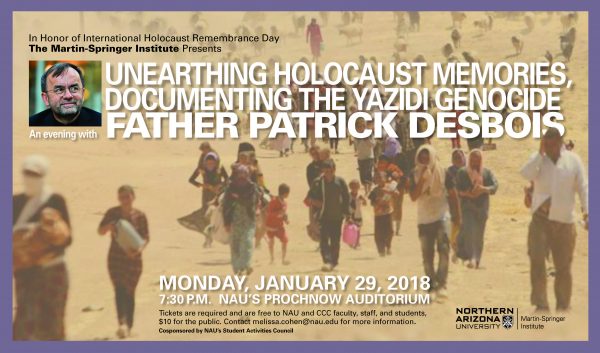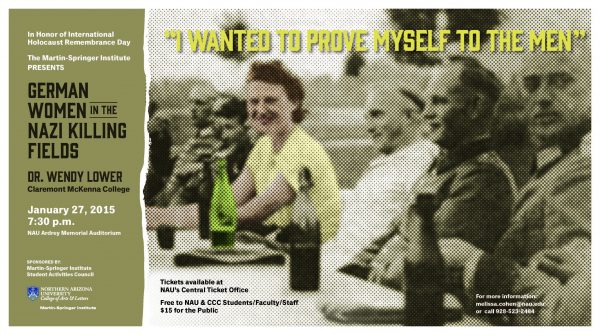Martin-Springer Institute
The Martin-Springer Institute is a leading institution in Arizona committed to learning from the past and engaging with the present. Our public educational programs and scholarly endeavors are based on the principles of intercultural understanding and dialogue.
Our Mission:
The Martin-Springer Institute attends to the experiences of the Holocaust in order to relate them to today’s concerns, crises, and conflicts. Our programs promote the values of moral courage, empathy, resilience, reconciliation, and justice. Founded by Doris, who survived the Holocaust, and her husband Ralph Martin, the Institute fosters dialogue on local, national, and international levels.

What we do:
Looking at the history and legacy of the Holocaust, we observe that the seeds for destructive ideologies lie in fermenting social mistrust, dismantling democratic traditions, abolishing civility, and erecting systems of discrimination, violence, and terror. Today, social conflicts continue to threaten and harm communities, locally and globally.
What can be done? Education plays a crucial role in offering antidotes to forces that tear at the social fabric of communities. We engage students, educators, scholars, activists, community members on local, regional and national and international levels.

Our programs seek to accomplish many discreet goals in pursuit of our mission:
- raise awareness of the traumatic scope of the Holocaust and its continuous impact on contemporary society
- study the sources of conflict and investigate models of conflict-resolution
- address the social and moral repair of wounded communities and individuals
- teach alternatives to discrimination and stigmatization
- use scholarship, research, and the arts to create environments of care and compassion
- practice empathic understanding and dialogical communication

Our programs address themes such as:
- the rise of hate ideology, prejudice, and antisemitism
- culpability and complicity
- resistance, resilience, and moral courage
- discrimination and diversity
- justice, reconciliation, and trust
